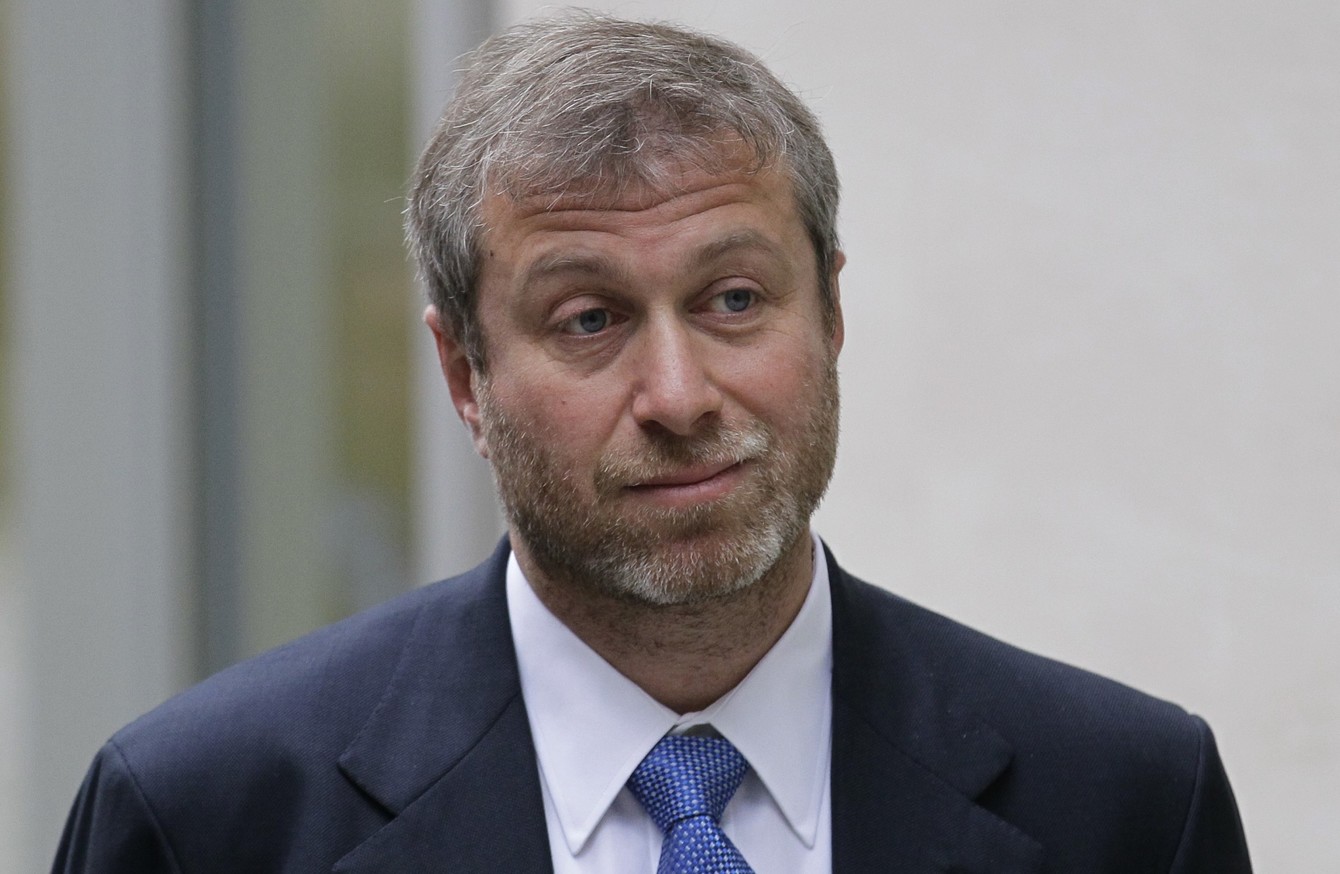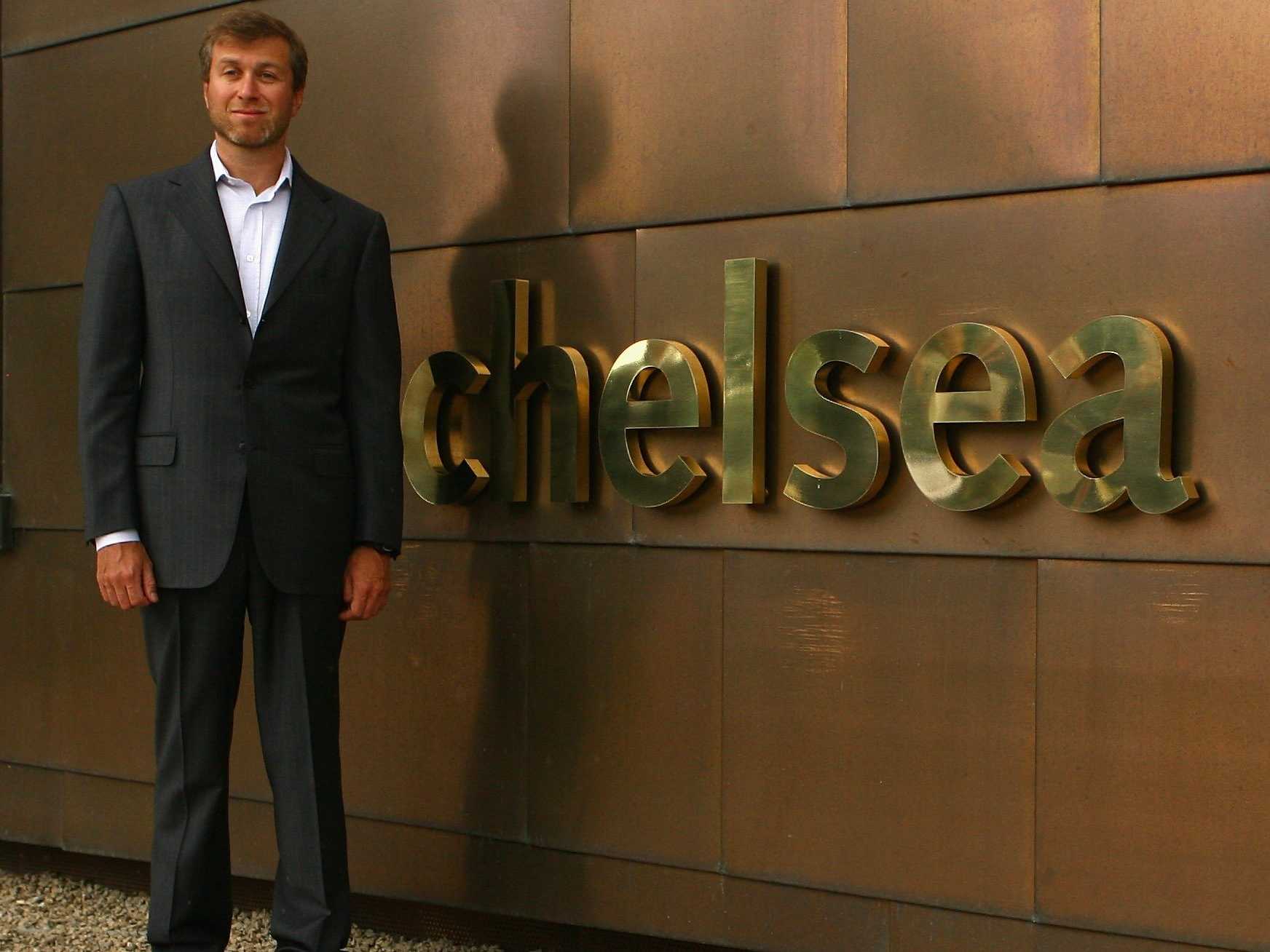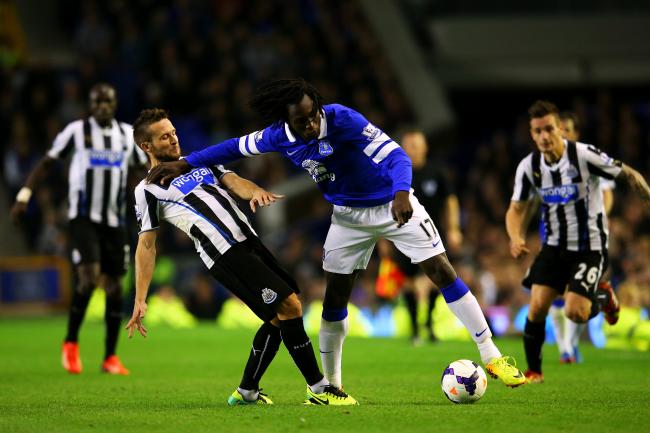Chelsea 0, Bournemouth 1. It is the sort of scoreline one might have once associated with a League Cup upset, suffered by a shadow squad of youngsters with Chelsea’s regular XI focused on the bigger picture. However, it was the result on Saturday attained by a gang of millionaire mercenaries, calamitously recording Chelsea’s third home defeat to-nil vs Bournemouth in five seasons.
Disrespectfully or otherwise, any loyal Chelsea fan would assert that this is unacceptable against a club with far less Premier League pedigree, and especially one that has been leaking goals for fun in recent weeks. All of the Bournemouth defeats in question, along with results like the West Ham shock and the opening-day rout at Old Trafford this season, leave Chelsea fans wondering just who could make the difference in the final third on a consistent basis.
Sadly, one such striker was once on Chelsea’s books, only to find himself locked out of any first team opportunities. His name, Romelu Lukaku.
Devils’ Trident Offers Chelsea Hellish Regret
On the international scene, Lukaku is now the front prong of a deadly trident, resplendent in red and representing the nation that reached FIFA’s #1 spot for the first time ever earlier this year. With his hulking frame, venomous shot and dead-eye for goal, Lukaku has everything in a traditional number nine – and more.
Lukaku’s switch from Old Trafford to the San Siro in the summer has once more brought out the best in him, and this is reflected in his new club’s current fortunes, with Inter Milan going into the final fixture of 2019 atop the Serie A table. A frequent pick for anytime scorer by experts who offer advice on how to bet on football, Lukaku has continually thrived alongside one of the Italian top-flight’s best players right now, namely Lautaro Martinez, resoundingly proving that he needed more time at Chelsea.
Even now, over eight years after Lukaku’s arrival at Stamford Bridge, people are left wondering just how Chelsea let this gem slip through their fingers. For the start of Lukaku’s ‘whole rotten saga’, we need to turn the clock back to October 2010, when the Blues were still high from an FA Cup and league double, but with a crown under siege by the two Manchester clubs.
2010: Lukaku’s Promise Shines in Pitched Battle for Signature
Almost a decade ago, the 17-year old Lukaku was on fire for RSC Anderlecht, physically tormenting opposition defenders ten years his senior and leaving them for dead week after week. The links had been varied and wide over the summer of 2010, but by the autumn, it was in fact Arsenal who emerged as the likeliest candidates.
A minimum value of around £12m was the stated price for Lukaku’s signature, and it stood to reason, with his strike-rate standing at just under 50% by the Christmas of 2010/11, only six months after he had ended the 2009/10 First Division season as the top scorer – the same season in which he became the then-youngest goalscorer in European competition.
In August 2011, Chelsea won the race for Lukaku, having already been strong contenders alongside the likes of Arsenal. With a mixture of speed and skill that bore traces of Didier Drogba, Chelsea’s pursuit stood to reason. While the 2009/10 season had been a vintage for Drogba, as his goalscoring prowess ultimately helped Chelsea win the Premier League on goal difference, his prime years were numbered.
While there was surely at least a desire to give Lukaku some playing time in 2011/12, or recall him during his loan spells at West Brom and Everton, the climate was not an accommodating one. The tactics of Andre Villas-Boas demanded a striker with experience, and the ability to lead a front three much, ironically, in the way Lukaku currently does for Belgium in front of fellow ‘Chelsea rejects’ Kevin De Bruyne and Eden Hazard.
Villas-Boas System Unsuitable for Lukaku
A 4-3-3 is always difficult to lead for a youngster, and with Drogba and Torres getting 24 goals combined as the frontmen, there was ultimately no need to accommodate Lukaku.
There is also the simple fact that even in a team where two outright strikers lead the line, one is going to spend a lot of time on the bench. The only possible exception is when said ‘third wheel’ is well bedded-in, knows the club very well, and is comfortable within a managerially-devised rotation protocol, or at least a system of phased substitutions.
With only the midfield given much fluidity and license to deviate as necessary from position, Lukaku would have also found it difficult to explore his own skillset under Villas-Boas. The pressure on Lukaku to provide matchwinning goals would also have been redoubled by the famously-high defensive line that Villas-Boas held so dear.
Unfortunately for Villas-Boas himself, he was by then working in a very different Premier League climate, compared to what countryman Jose Mourinho faced at the start of 2004/05. What worked with an FC Porto squad described by Villas Boas as ‘pornographic’, in a league where the club has only one other realistic rival (Benfica) ultimately failed, and cost him his job at Chelsea.
Even if Lukaku has been in the first team frame during the tenures of Villas-Boas and Roberto Di Matteo, the environment, and the lack of mutual understanding between players and management in the dressing room, would have done him a true disservice.
No Going Back After West Brom and Everton Loans
With memories of how Drogba settled so quickly into the Premier League still fresh in the memory, Chelsea fans were naturally excited to receive a new potential hero back in 2011. However, there were always concerns about whether he would take too long to get up to Premier League standard, both physically and in terms of sheer ruthlessness.
For a club of Chelsea’s stature, playing Lukaku in favour of long-term vision over short-term ambition was too risky. Rightly or wrongly for the time, ‘stick’ rather than ‘twist’ was the decision, and the damage to Lukaku’s time at Stamford Bridge was ultimately done in 2011/12, as he spent the entire season playing reserve football.
Though Chelsea won the Champions League, a sixth-place finish in the Premier League was not enough. With new champions Manchester City now the ‘rich kids’, the summer of 2012 should have been the one to see Lukaku finally promoted to the first team, in order to inject an element of surprise – just as he had done in the 2011/12 league finale against Blackburn.
After instead proving himself with West Bromwich Albion on loan in 2012/13, and later Everton before sealing that big move to Manchester United in 2017, Lukaku’s continued omission remains – in hindsight – one of Chelsea’s worst, yet most understandable decisions of modern times.
Alas, some relationships in football are never meant to be. Had Chelsea waited a few years, and stolen him away from his alternate-reality destination – possibly around the time he joined Everton in the true course of events – the Blues could have had the next Didier Drogba ready to go.
Ultimately, the curse of Chelsea fans is to never know ‘what if’. While Lukaku may well have sulked his way into a transfer abroad this year – but with Chelsea instead of Manchester United – every fan who looks back on a limp performance like last weekend’s, and bemoans a lack of attacking prowess, cannot help but think of what better man-management of Lukaku in the early 2010s could have achieved.







